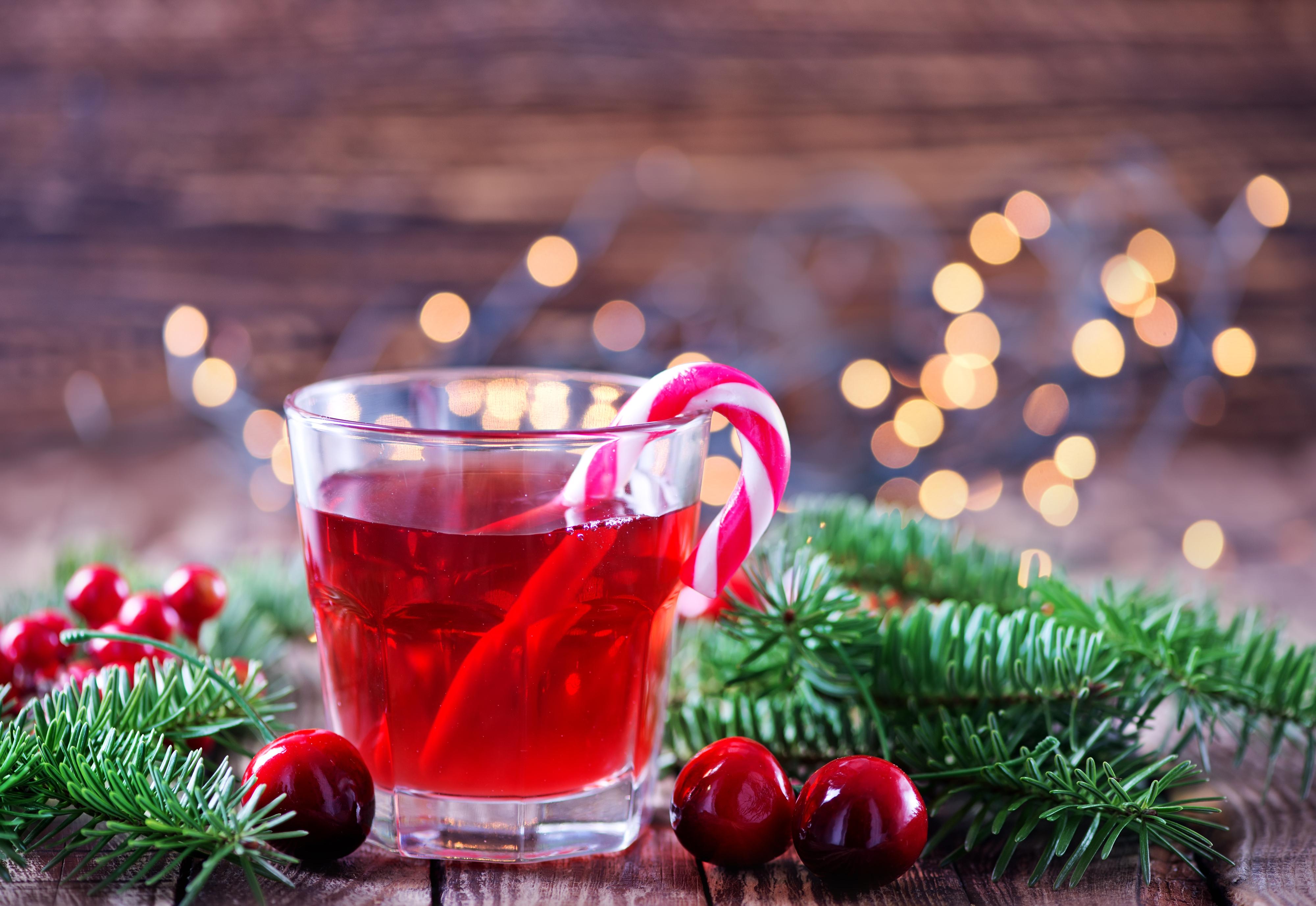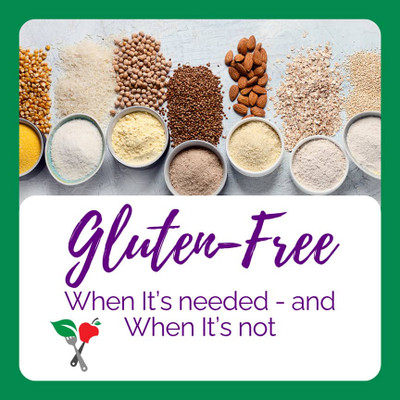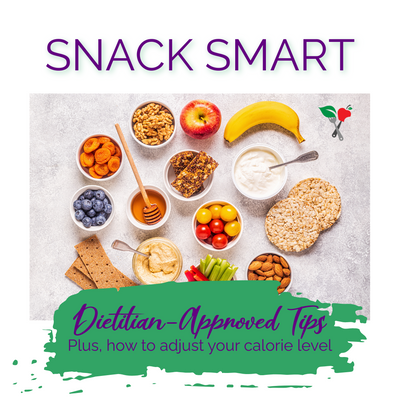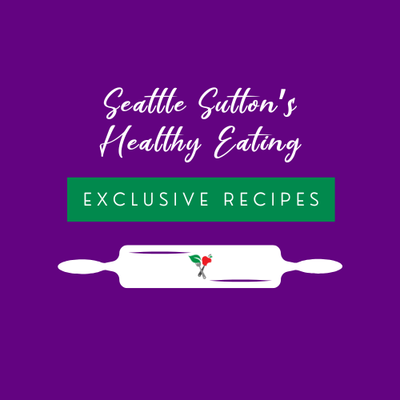Alcohol and Diabetes: How Holiday Drinking Affects Blood Sugar
As we move into the heart of the holiday season, calendars quickly fill with parties, celebrations, and social gatherings. Festive drinks often become part of the fun but if you have diabetes, it’s important to understand how alcohol can affect your blood sugar and overall health.
Alcohol and diabetes can be a tricky combination. Knowing how alcohol works in the body and how to drink safely can help you enjoy social events while protecting your blood sugar.
How Alcohol Affects Blood Sugar
Increased Risk of Low Blood Sugar (Hypoglycemia)
Alcohol can lower blood sugar levels for up to 24 hours after drinking, increasing the risk of hypoglycemia, especially for people with diabetes.
Here’s why:
-
The liver normally releases stored sugar (glycogen) to keep blood sugar steady
-
When alcohol is present, the liver prioritizes breaking down alcohol instead
-
This delays the release of glucose into the bloodstream
As a result, blood sugar can drop unexpectedly. To make matters more complicated, symptoms of hypoglycemia, such as dizziness, confusion, or fatigue, can be mistaken for intoxication, which may delay treatment.
Alcohol and Diabetes Medications
Alcohol can interfere with the effectiveness and safety of diabetes medications, including insulin and certain oral medications.
Some diabetes medications stimulate the pancreas to release more insulin. When combined with alcohol (which can also lower blood sugar) the risk of hypoglycemia increases.
If you take medication for diabetes, it’s important to talk with your doctor or pharmacist about whether alcohol is safe for you and how to manage it responsibly.

The Impact of “Empty Calories”
Alcohol provides calories without essential nutrients, often referred to as “empty calories.” In addition, alcohol can stimulate appetite, making it easier to overeat or choose foods you might not otherwise.
Because weight management is often a key part of blood sugar control, regular alcohol intake can make diabetes management more challenging, especially during the holidays when indulgent foods are already more available.
Tips for Drinking Safely with Diabetes
If you choose to drink alcohol, these dietitian-approved tips can help reduce risk:
-
Never drink on an empty stomach. Eat a meal or snack that includes carbohydrates before or while drinking.
-
Check your blood sugar frequently, especially before bed and the next morning.
-
Wear a medical ID and drink with friends or family who know you have diabetes.
-
Avoid taking extra insulin to “cover” carbohydrates in alcoholic drinks unless directed by your healthcare provider.
-
Avoid drinking within two hours of exercise, as both exercise and alcohol can lower blood sugar.
-
Limit alcohol intake and consider alcohol-free or low-carbohydrate beverage options.
For drink ideas, check out our blog Best Beverages for Diabetes for healthier, lower-carb alternatives.
The Bottom Line
Alcohol doesn’t have to be completely off-limits but it does require thoughtful planning if you have diabetes. Understanding how alcohol affects blood sugar, medications, and appetite can help you make informed choices and stay safe during the holiday season.
Above all, following a balanced, healthy type 2 diabetes eating plan remains the foundation of blood sugar management year-round.







 Weight Loss
Weight Loss Health & Wellness
Health & Wellness Diabetes
Diabetes Heart Health
Heart Health Motherhood & Family
Motherhood & Family Dietary Restriction
Dietary Restriction Other Health Conditions
Other Health Conditions About SSHE
About SSHE


